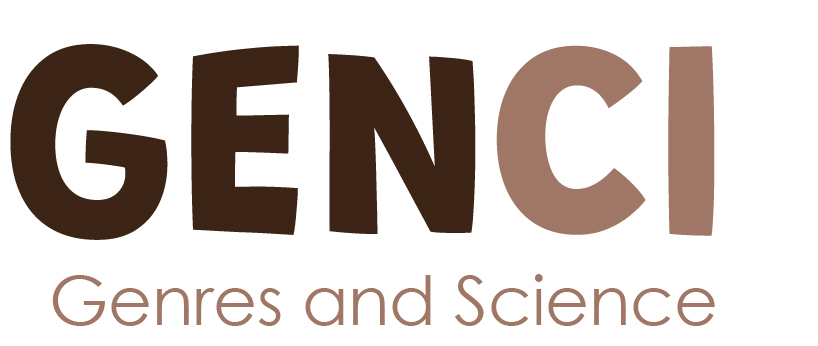A rhetorical profile of art-related crowdfunding projects in a new communicative culture. Vela Rodrigo, A.

Abstract
Today, scientific researchers are creating a brand-new communicative culture using the digital affordances of the Web 2.0 to disseminate their work to lay publics, making science more accessible and decipherable, at same time they engage society in issues of societal concern (Luzón & Pérez-Llantada, 2022). Among all emergent digital genres, the crowdfunding genre stands out and distinguishes itself for its great versatility and multifunctional character. This new digital genre allows faster access to knowledge through different channels (visual/narrative) and gives greater dissemination to scientific advances, thus reaching diversified audiences open to fund their work. Also, this genre can be considered as a generic hybrid (Herring, 2013), adopting rhetorical conventions of traditional genres to adapt to digital environments to increase society’s trust in scientific research.The aim of this paper is to offer an exploratory genre analysis for a leading crowdfunding platform as Experiment.com and critically assess the rhetorical organisation of this digital genre in a corpus of 50 projects of Art to understand the rhetorical demands the construction of a crowdfunding project implies. To fulfil this aim, I will apply a move-step analysis on the narrative rhetorical structure, considering Mehlenbacher’s (2017, 2019) adapted model from Swales’ (1990) CARS model for article introductions. I will also draw on seminal rhetorical and EAP genre studies (Bazerman, 1994, 2016; Swales, 1990, 2004) to specifically examine the engagement strategies researchers have followed to adapt their specialized contents to wider digital audiences in order to get donation. Preliminary findings reveal that researchers have opted for presenting most of steps typical of academic conventions and traditional grant proposals, but aspects of a very scientific nature, such as the explanation of the previous hypotheses or the sample of results remain in the background, since they seek to connect with a lay public in the matter.
